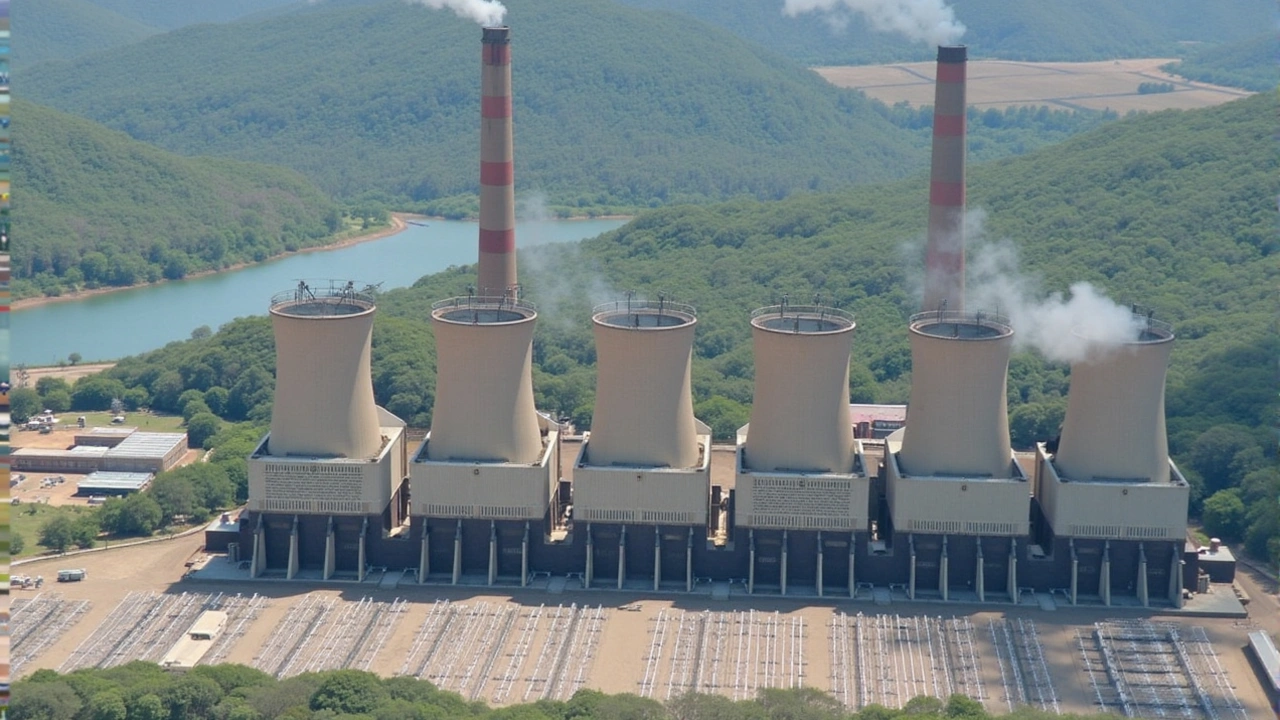Power Supply: Practical Tips to Stay Powered
The power supply affects everything — clinics, shops, schools, and homes. If you live in Africa or cover African news, you already know outages and rising energy costs are common. This tag page collects news, guides, and quick tips to help you understand supply problems and make smarter choices for backup and savings.
Start by checking your local grid schedule and tariffs. Many utilities publish load-shedding timetables and peak rates online or on social media. Knowing when power is most likely to cut helps you plan heavy tasks like running fridges, charging phones, or using ovens. If your area has unpredictable outages, plan a basic emergency kit: charged power banks, a torch, a small gas cooker, and a list of essential devices to power first.
Backup power choices fall into four clear categories: diesel or petrol generators, solar systems, battery inverters, and hybrid setups. Generators deliver high power fast and work well for large needs, but they cost more to run and need fuel and maintenance. Solar plus batteries costs more up front but cuts fuel bills and suits households with steady daytime sun. Inverter-battery systems are a mid-size option for short outages and essential loads.
Quick fixes during outages
If the lights go out, do these first: switch off non-essential appliances to avoid surges when power returns; move perishable food to a cooler with ice or insulated bags; use power banks and car chargers for phones; and avoid opening fridges often. For businesses, shut down sensitive equipment following manufacturer shutdown steps to prevent data loss or damage.
Choosing the right backup for your home or small business
Pick based on how much you need to run and how long outages last. Calculate wattage of essentials — fridge, lights, router, a few sockets. For short daily cuts a 2–5 kVA inverter with a 5–10 kWh battery may be enough. For long outages or larger loads, a 7–15 kVA generator or a solar hybrid system is better. Get products with clear warranties and local service, and avoid cheap imports without support.
Safety and maintenance matter. Always install generators outside with good ventilation and a carbon monoxide-aware area. Batteries need proper charging, secure casing, and periodic checks. Keep fuel stored safely and service engines every 3–6 months depending on use. For solar panels, trim nearby trees and clean panels twice a year to keep output high.
Finally, follow local news and this tag for updates on national energy projects, policy changes, and big outages. Governments and companies often announce rolling plans that affect businesses and households across regions. Bookmark this tag to stay ready, save money, and protect your devices when the lights go out.
Need guidance picking the right system? Talk to licensed electricians and compare quotes from at least three installers. Ask for real performance data, dealer references, and a clear estimate of running costs. Read our tag posts for project news, subsidies, and local supplier reviews to make a smarter, safer choice right now.
